What is bookkeeping?
Bookkeeping is the recording of financial transactions and other information related to the business on a day-to-day basis. It is a vital part of every business.
Bookkeeping records collate information and provide business owners with vital reports on progress and growth. It also calculates tax liabilities the business has and will have in the future.
There are several standard methods of bookkeeping, such as the single-entry bookkeeping system and the double-entry bookkeeping system.
Single-entry bookkeeping uses only income and expense accounts, recorded primarily in a revenue and expense journal. Single-entry bookkeeping is adequate for many small businesses.
In the double-entry accounting system, at least two accounting entries are required to record each financial transaction. These entries may occur in asset, liability, equity, expense, or revenue accounts. Every transaction involves a debit entry in one account and a credit entry in another account. This serves as a kind of error-detection system: if, at any point, the sum of debits does not equal the corresponding sum of credits, then an error has occurred.
Common financial transactions and tasks that are involved in bookkeeping include:
- Billing for goods sold or services provided to clients
- Recording receipts from customers
- Verifying and recording invoices from suppliers
- Paying suppliers
- Sales tax and VAT Management
- Processing employees’ pay and the related governmental reports
- Monitoring individual accounts receivable
- Recording depreciationand other adjusting entries
- Stock management
- Costing & budgeting
- Providing financial reports
Correct bookkeeping gives companies a reliable measure of their performance. It also provides information on general strategic decisions and a benchmark for its revenue and income goals.
Accurate bookkeeping is also crucial to external users, which include investors and financial institutions that need access to reliable information to make better investment or lending decisions, or the government.
You can learn double-entry bookkeeping and maintain your own books. But not all business owners have time or aptitude to learn tax and VAT rules and how to apply these to each transaction which goes through their business. This is where a qualified bookkeeper can make a huge difference. Bookkeepers can be employed by the business to oversee the financial side and provide crucial information to the owners and managers. They can also be hired on contract basis for a few hours per week or month to keep things in good order.
Will you spend your Friday evening working through your paperwork and reading HMRC website?
Maybe it’s time to search for a bookkeeper…



